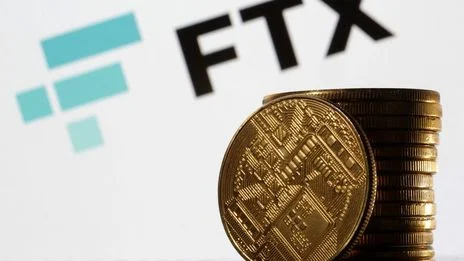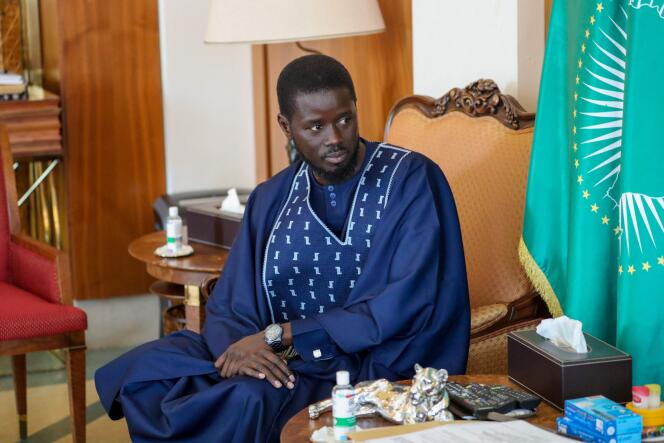Senegal’s sovereign dollar bonds experienced a significant decline on Friday following the release of a government audit that revealed larger debt and deficit figures than those reported by the previous administration. The audit, ordered by recently elected President Bassirou Diomaye Faye, has underscored the economic challenges facing the West African nation.

According to Tradeweb data, Senegal’s dollar bonds fell by more than 2 cents in early trading before stabilizing at approximately 1.3 cents lower, trading between 73.01-85.52 cents on the dollar by 1200 GMT. This drop reflects investor concerns over the country’s fiscal health and economic outlook.
Economy Minister Abdourahmane Sarr announced late Thursday that the audit showed a deficit of more than 10% at the end of 2023, significantly higher than the roughly 5% reported by the previous government. Additionally, public debt was revealed to average 76.3% of GDP, compared to the previously reported 65.9%, due to higher-than-published public deficits.
Evghenia Sleptsova, senior emerging markets economist at Oxford Economics, characterized the announcement as a “credit-negative event,” highlighting the potential impact on Senegal’s financial standing in international markets.
The International Monetary Fund (IMF), which has a $1.9 billion bailout program with Senegal, acknowledged that the government had shared initial audit findings. The IMF stated it is working with Senegalese authorities to determine appropriate next steps, given the discrepancies in reported figures.

President Faye, who ordered the audit, has blamed the previous administration for releasing false figures. The revelation has complicated Senegal’s relationship with the IMF, with Sarr noting that concerns over the figures and fear of violating IMF rules prevented the government from requesting IMF funds that could have been disbursed in July.
The audit’s findings have prompted calls for further investigation and action. Abdoulaye Ndiaye, professor of macroeconomics and public finance at New York University’s Stern School of Business, emphasized the need for “courageous choices” and a thorough legal investigation into the discrepancies.
In response to the economic challenges, President Faye has called for a snap legislative election scheduled for November 17, aiming to break deadlock over a new budget and efforts to cut government waste.
Despite these challenges, Senegal’s economic outlook is not entirely bleak. The country began oil production in June, with gas output expected by the end of the year, potentially boosting government finances.



